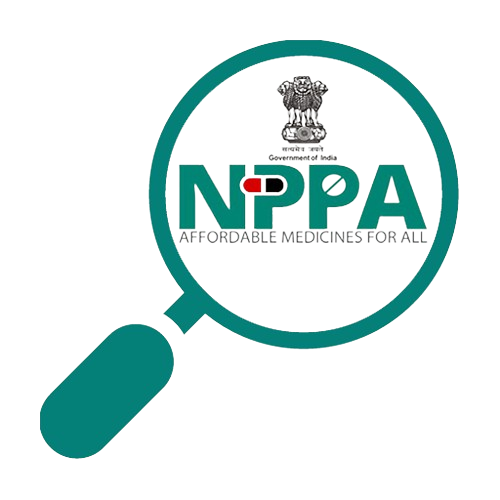

In a significant intervention aimed at easing the financial burden on patients, the Indian government has announced a major reduction in the retail prices of 37 essential drug formulations. The move, implemented by the country's drug price regulator, National Pharmaceutical Pricing Authority (NPPA), establishes a new price ceiling for a wide range of commonly prescribed medications. This decision is set to have a direct and immediate impact on millions of households, making critical treatments for chronic and acute conditions more accessible and affordable across the nation.
The price caps cover a diverse and critical list of medicines, demonstrating a comprehensive approach to cost control. The list includes drugs that are household names and staples in the management of widespread health issues. Among the medications affected are widely used antibiotics like Amoxycillin, common pain and fever relievers such as Paracetamol, and crucial drugs for chronic lifestyle diseases.
Patients managing cardiovascular conditions will see the cost of cholesterol-lowering drugs like Atorvastatin and its combinations come down. For instance, a combination tablet of Atorvastatin and the blood-thinner Clopidogrel will now have its price capped at ₹25.61. Similarly, individuals with type 2 diabetes will benefit from reduced prices on key medications, including a triple-combination tablet of Empagliflozin, Sitagliptin, and Metformin Hydrochloride, which is now capped at ₹16.50. The order also extends to anti-inflammatory drugs, allergy medications, and essential supplements like Vitamin D drops, ensuring that the benefits of this price control measure are felt across a broad spectrum of healthcare needs.
To ensure the new prices are implemented effectively, the NPPA has laid out a clear framework for compliance. All pharmaceutical manufacturers are now required to revise their price lists and submit them to the central regulator and state drug controllers. Furthermore, both retailers and dealers are mandated to prominently display the new, lower prices for consumers.
The government has backed this directive with strict enforcement measures. Any manufacturer or retailer found selling these essential drugs above the newly set ceiling price will face punitive action under the Drugs (Prices Control) Order and the Essential Commodities Act. This includes the recovery of the overcharged amount, with interest, from the non-compliant party. This robust enforcement mechanism is designed to guarantee that the intended financial relief reaches the end consumer and to foster greater transparency in the pharmaceutical market. By replacing all previous price orders for these specific formulations, the government has created a single, clear standard for the industry to follow.